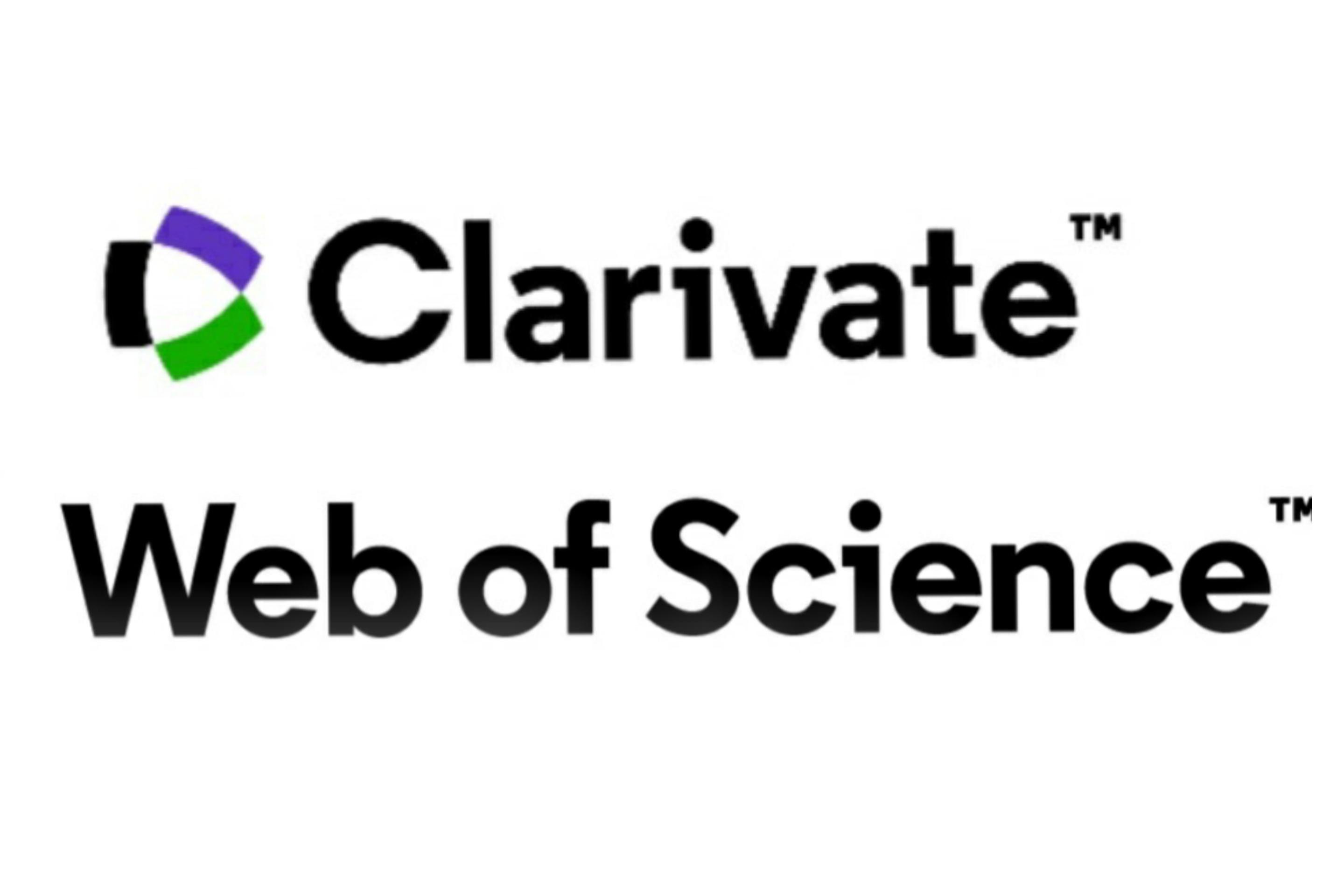Investigation of the diffusion of two gases equally diluted with different ballast gases
DOI:
https://doi.org/10.26577/RCPh.2024v89i2-08Keywords:
convection, diffusion, ballast gas, multicomponent gas mixturesAbstract
Both liquid and gaseous mixes have significant significance in numerous natural and artificial processes. This elucidates the comprehensive examination of such systems in a diverse array of various applications. The presence of several processes of heat and mass transfer in gas mixtures without an interfacial boundary in the system causes the emergence of thermoconcentration gravitational fluxes, resulting in density inhomogeneity of the medium. Isothermal diffusion in helium and methane gas mixtures in a stationary medium of propane and nitrous oxide ballast gases at various pressures has been experimentally studied. It is shown that in systems where the two main gases helium and methane were diluted with propane, and then helium with propane, and methane with nitrous oxide, a repetitive unstable diffusion state of varying intensity occurs with increasing pressure. The effect of the diluent gas on the transfer of two main gases in three-component and four-component systems is significant, since the ballast gas can either accelerate, slow down, or leave the diffusion mixing process unchanged. The comparison between experimental and calculated data on the Stefan-Maxwell theory shows a noticeable difference between them.













